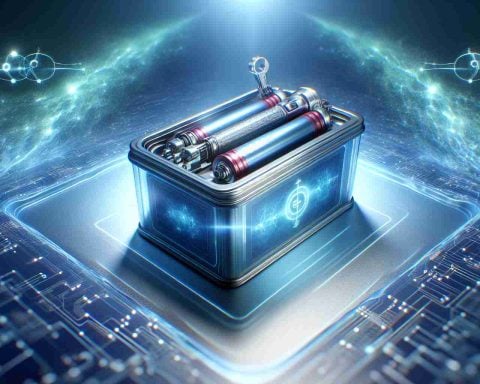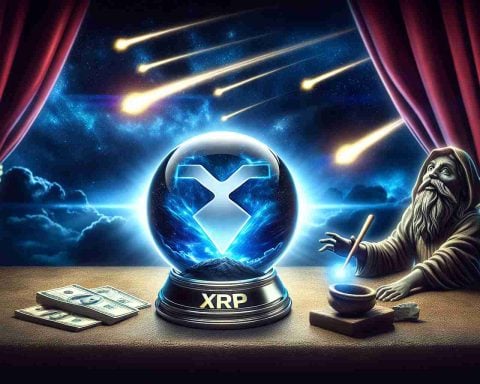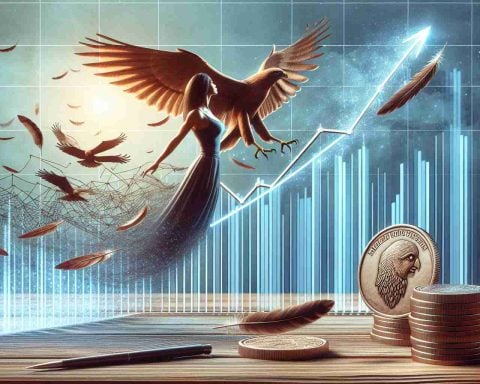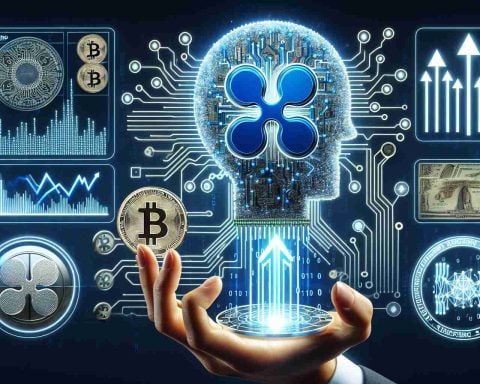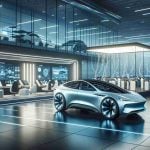- Hyundai has temporarily halted production of the Ioniq 5 and Kona EV models due to declining sales.
- Sales challenges reflect broader trends in the global EV market, including changing consumer preferences and economic factors.
- Hyundai is countering low sales with financial incentives to attract buyers.
- The EV market could rebound with advancements in technology and infrastructure once economic conditions improve.
- Automakers need to stay agile, utilizing innovation and strategic pricing to ensure future growth and adapt to market changes.
Hyundai has stunned the automotive world by freezing production of its highly anticipated Ioniq 5 and Kona EV models at its Ulsan plant in South Korea. Faced with a dramatic slump in sales, particularly the Ioniq 5, which sold only 75 units domestically in January, Hyundai is re-evaluating its strategy amidst a challenging electric vehicle (EV) market landscape. The pause from February 24 to 28 highlights deeper concerns about the waning demand for EVs globally.
Key Insights into the Declining EV Market:
Changing Consumer Preferences: The shift in consumer interest isn’t limited to Hyundai—it’s a trend affecting the broader market. Factors such as rising fuel prices, ongoing supply chain disruptions, and increasing living costs are reshaping consumer priorities, suggesting market saturation and an evolving consumer mindset.
Pricing Strategies: In response to faltering sales, Hyundai is offering incentives worth 1 to 3 million won (approximately $900 to $2,700) to allure buyers. These promotions not only showcase competitive pressure but also underline the necessity to present compelling pricing options.
Future Market Projections: Analysts forecast that should economic conditions stabilize, the EV market might see renewed interest. Technological advancements in battery efficiency and expanded charging infrastructures are key drivers that could revitalize sales.
Critical Takeaways:
Why the drop in EV demand? A blend of market saturation, economic uncertainties, and tighter household budgets are affecting consumer choices, leading to reduced EV purchases.
Hyundai’s strategic response: The automaker is actively enticing buyers with financial incentives and ramping up production in markets like the U.S., aiming to align with the shifting dynamics.
The road ahead for EVs: This production pause serves as a vivid reminder of the industry’s volatility. Car manufacturers must remain agile, ready to pivot with market demands while leveraging innovation and strategic pricing for growth.
As the industry braces for future developments, the focus remains on innovation and strategic adaptability to navigate these uncertain times.
Why Hyundai’s EV Pause Could Signal a Major Shift in the Auto Industry
Why Are Hyundai’s EV Sales Dropping?
Several factors contribute to the drop in Hyundai’s EV sales, with market saturation being a prime concern. As more automakers flood the market with EV options, consumers face overwhelming choices that dilute individual brand appeal. Additionally, economic uncertainties such as inflation and supply chain disruptions contribute to tighter household budgets, making consumers hesitant to invest in new vehicles. These factors combine to present a challenging environment for Hyundai and other automakers in the EV market.
What Strategies Is Hyundai Implementing to Overcome These Challenges?
Hyundai is employing several strategies to counteract slowing sales. Among these is the introduction of financial incentives ranging from 1 to 3 million won (approximately $900 to $2,700), designed to attract budget-conscious consumers. Globally, Hyundai is also working to penetrate more stable markets such as the U.S., where EV incentives and infrastructure are more robust. Additionally, the company is investing in technological advancements, particularly in battery efficiency, to align its product offerings with future market needs.
What Does the Future Hold for Hyundai’s EV Strategy and the Broader Market?
The pause in production is not merely a reaction to current conditions but also a recalibration of Hyundai’s strategy for the future of EVs. Analysts predict that technological breakthroughs in battery performance and charging infrastructure could lead to a resurgence in demand. Hyundai, like other automakers, will need to remain agile, integrating innovations in sustainability and pricing strategies to capture emerging opportunities. The brand’s focus will likely shift towards leveraging advancements that emphasize convenience and cost-effectiveness for consumers.
For further insights into Hyundai’s strategic initiatives and market analysis, visit: Hyundai











